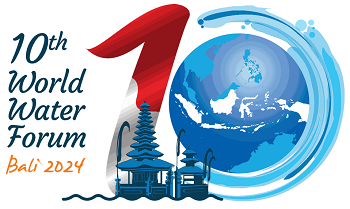Water basin management
Water is plentiful throughout the world, but overused and polluted by human activities. It has become a fragile resource both in terms of quality and quantity, with clashes over different uses (agriculture, drinking water, energy, tourism, shipping, etc.). To handle this situation, France chose an innovative management approach in 1964 : a solidarity-based management system at the hydrological basin scale which brings together all stakeholders within the basin, both largescale and small-scale. This was a revolutionary innovation at the time and served as a model at the European level before being exported widely. This management mode is at the heart of all actions recommended by the French Water Partnership.
Objectives
The members of the French Water Partnership support this approach, which must be adapted to fit the context of each situation :
- Taking into account the geographic reality of resources in accordance with the “water knows no administrative boundaries” principle allows for a more balanced approach between upstream and downstream levels and between quantity and quality ;
- Each basin has its own “water parliament” to promote dialogue among various actors, to take better account of the various types and uses of water, to ensure the consistency of water policies with other policies (agriculture, energy, health, etc.), to promote the importance of ecosystems and to allow for a shared vision of strategies and funding priorities ;
- The organizations within each basin must have sustainable financing mechanisms that enable them to cover all their needs, i.e. the costs of managing and monitoring resources (data acquisition, planning, cooperation among users, etc.), the costs of building and operating facilities and, finally, the basin organization’s own operating costs. The various sources of funding may include taxes (contributions from the government or governments in the case of transboundary basins), water use charges (hydroelectricity, irrigation, shipping and flood prevention), payments for project management activities or services and transfers from the international community ;
- Transboundary management of watercourses as recommended in the 1997 United Nations Convention, which entered into force in August 2014, allows for the implementation of coherent policies for the integrated management of water resources and environmental protection within the scope of sustainable development.
